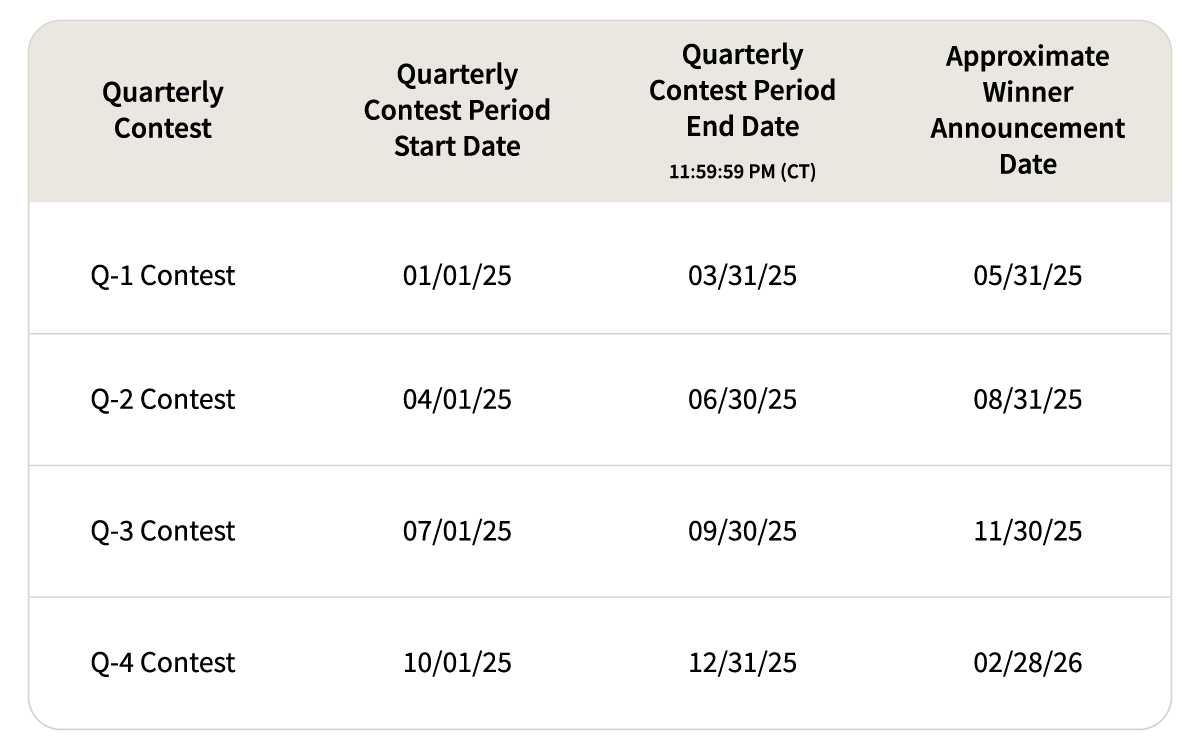Their Story. Your Voice.
Your voice is your own. But it’s also been impacted by others. Who, we wonder, has inspired you? Let us know by entering the Regions Riding Forward Scholarship Contest.
You could win an $8,000 college scholarship
For the opportunity to win an $8,000 scholarship, submit a video or written essay about an individual you know personally (who lives in your community) who has inspired you and helped you build the confidence you need to achieve your goals.
The details
The 2025 Regions Riding Forward Scholarship Contest consists of four (4) separate Quarterly Contests – one for each calendar quarter of 2025. Regions is awarding four $8,000 scholarships through each Quarterly Contest.
Each Quarterly Contest has its own separate entry period, as provided in the chart below.

The entry deadline for each Quarterly Contest is 11:59:59 PM Central Time on the applicable Quarterly Contest period end date (set forth in the chart above).
No purchase or banking relationship required.
Regions believes in supporting the students whose passion and actions every day will continue to make stories worth sharing. That’s why we have awarded over $1 million in total scholarships to high school and college students.